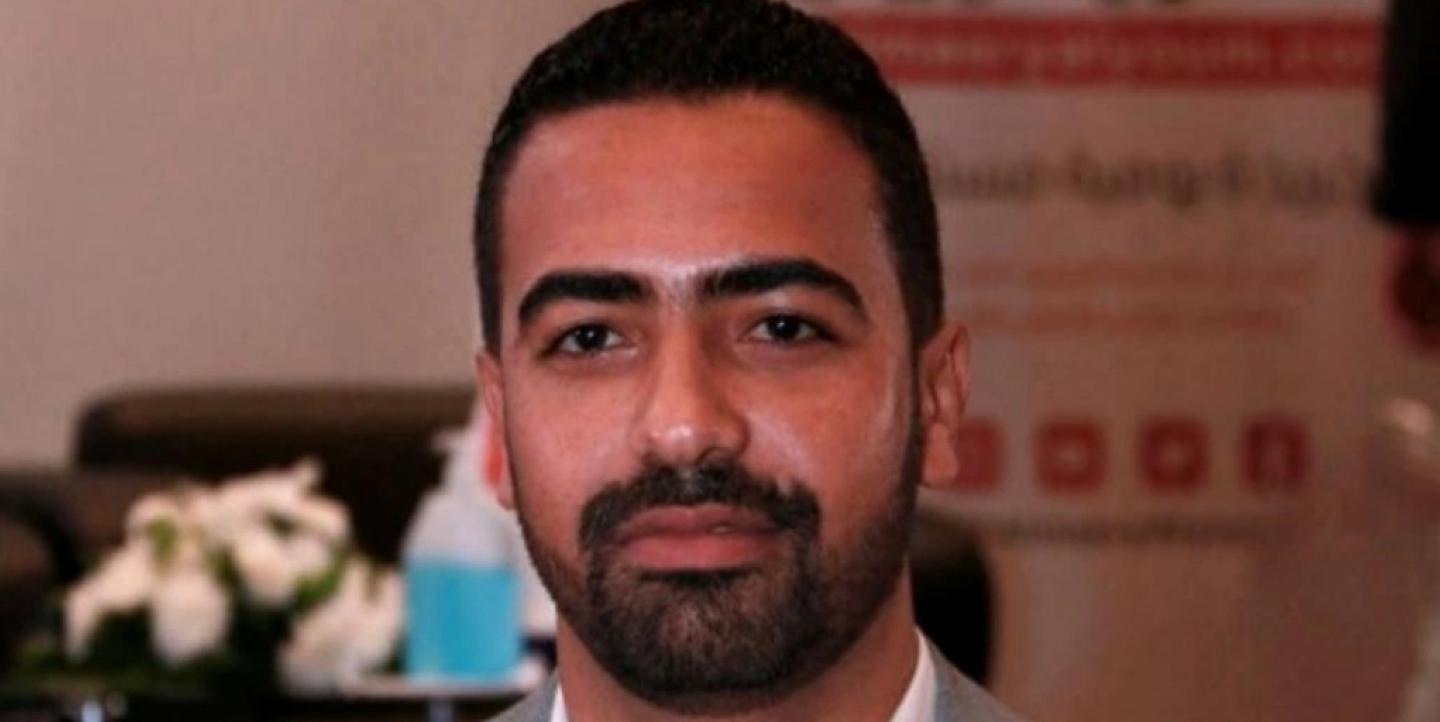Shehata el-Sayed began his journalism career in Libya after leaving his home country of Egypt because of the country’s political crisis that lasted from 2011 to 2014.
Fresh out of high school, he worked at a local Libyan digital newspaper called el-Youm el-Jadeed, which has since ceased publication. Faced with financial limitations during his two-year stint at the newsroom, he decided to change his path in journalism to focus on emerging technologies like artificial intelligence (AI), and open source investigations.
In 2016, el-Sayed published his first investigation using open sources. Three years later, he founded the Open Source Handbook (OSH), an initiative he further developed in 2021 and 2022 as a participant in the IJNet Arabic Mentoring Center for Media Startups.
More recently, in 2022 el-Sayed won the Google Innovation Challenge, for which he received funds to build an AI assistant for reporters.
I asked el-Sayed about his experiences as a journalist and how he has adopted technology to improve reporting efforts:
Could you tell us a bit about your educational background?
[In 2016], I decided to start learning programming and tools manufacturing. I pursued a bachelor's degree in Egypt, then a specialized diploma in health journalism from the American University in Cairo, in addition to studying a bachelor’s degree in software engineering [in] Morocco in 2020.
The low salaries offered by journalistic institutions in Egypt makes journalists have to work other jobs just to secure decent income that meets their personal needs. The solution was to rely on myself and be keen on continuing [to learn] in hopes of creating real change for journalists and Arab journalism in general.
In recent years I managed to train more than 6,000 Arabic-speaking journalists, and provide tools for free for journalists that help them accomplish their work and obtain information more easily and accurately.
How have you adapted your reporting and storytelling to the significant technological changes in journalism in recent years?
This is a major problem facing journalists and Arab institutions. On a personal level, I worked to integrate advanced technologies in journalism before moving [on] to a company specialized in manufacturing the technologies [themselves], OSH.
Among the technologies [we created at OSH] is an AI assistant we built after winning Google's Innovation Challenge. This assistant can write news, reports, investigations and articles in journalistic language in multiple languages, chief among them Arabic. It can also do accurate translation and transcribe interviews for the first time in the Arab region.
We also innovated [the website] for automated fact-checking and deepfake detection in images, videos and audio. [It includes] smart tools for searching social media platforms and archival search. All this will be launched soon and made available for journalists and Arab media institutions to benefit from.
Could you share an instance where your reporting led to real change or had a profound impact on your audience or community?
A story I covered that had a great impact was about sexual assaults on refugees in Egypt. [This project was] supported by the International Center for Journalists. After publishing the story in Arabic and English, the Refugee Commission in Egypt took major actions including allocating legal offices to receive complaints of sexual assaults on refugees in Egypt.
Another investigation [I wrote] was tracking the funds of the Egyptian government's Agricultural Bank branch in El-Badari Center in the Assiut Governorate. I proved that there was manipulation and forgery of farmers' loans by bank employees. After publishing the investigation, the government took major actions including permanently closing the bank branch and exempting the farmers whose loans we proved were forged in the investigation.
How has IJNet helped you in your career?
Upon returning to Egypt in 2016, I joined the educational programs at IJNet which were instrumental in honing my capabilities. The IJNet [Arabic Media Mentoring Center] helped me successfully transform my startup into a thriving company and win Google's regional innovation challenge.
[IJNet] empowered me to train thousands of journalists in research, AI, and data journalism across the Middle East and Africa, [including on] free tools for editing visuals, video and audio, as well as applications for brainstorming, secured cloud storage, and digital security. IJNet was foundational in enabling me to achieve my goals and make a broader impact.
What, if any, are the challenges of being a reporter from the Global South?
The biggest challenge faced by journalists [in the Global South] is the financial challenge. Reporters in the Global South suffer from it due to low salaries they receive for their work.
Other challenges include difficulty in finding job opportunities or cooperation opportunities with international institutions due to their engagement with intermediary institutions rather than journalists directly. My advice is to continuously develop, learn and train on new technologies and harness them to serve journalism. I always say, "A journalist without tools is like a soldier without weapons."
Photo courtesy of el-Sayed.
This interview has been edited for clarity and length.


